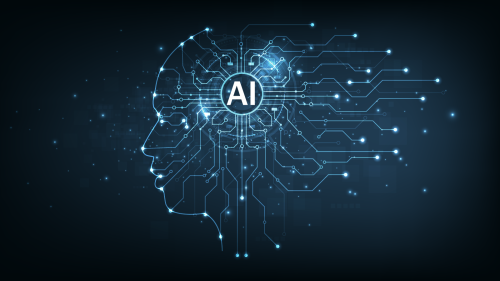Artificial Intelligence in Health Care: Promise and Pitfalls

Clinicians, researchers, and educators at Duke University School of Medicine and across Duke Health are using artificial intelligence (AI) to schedule surgeries more efficiently, give students immediate feedback on academic writing, and help speed up drug discovery. Duke is at the leading edge of efforts to maximize the benefits of AI in health care while putting effective guardrails in place to minimize potential risks. “We have a huge potential to reduce physician burden, increase health care efficiency, and improve the patient experience,” said Michael Pencina, PhD, director of Duke AI Health and chief data scientist for Duke Health. “But we need to be very intentional about what AI will be doing.”
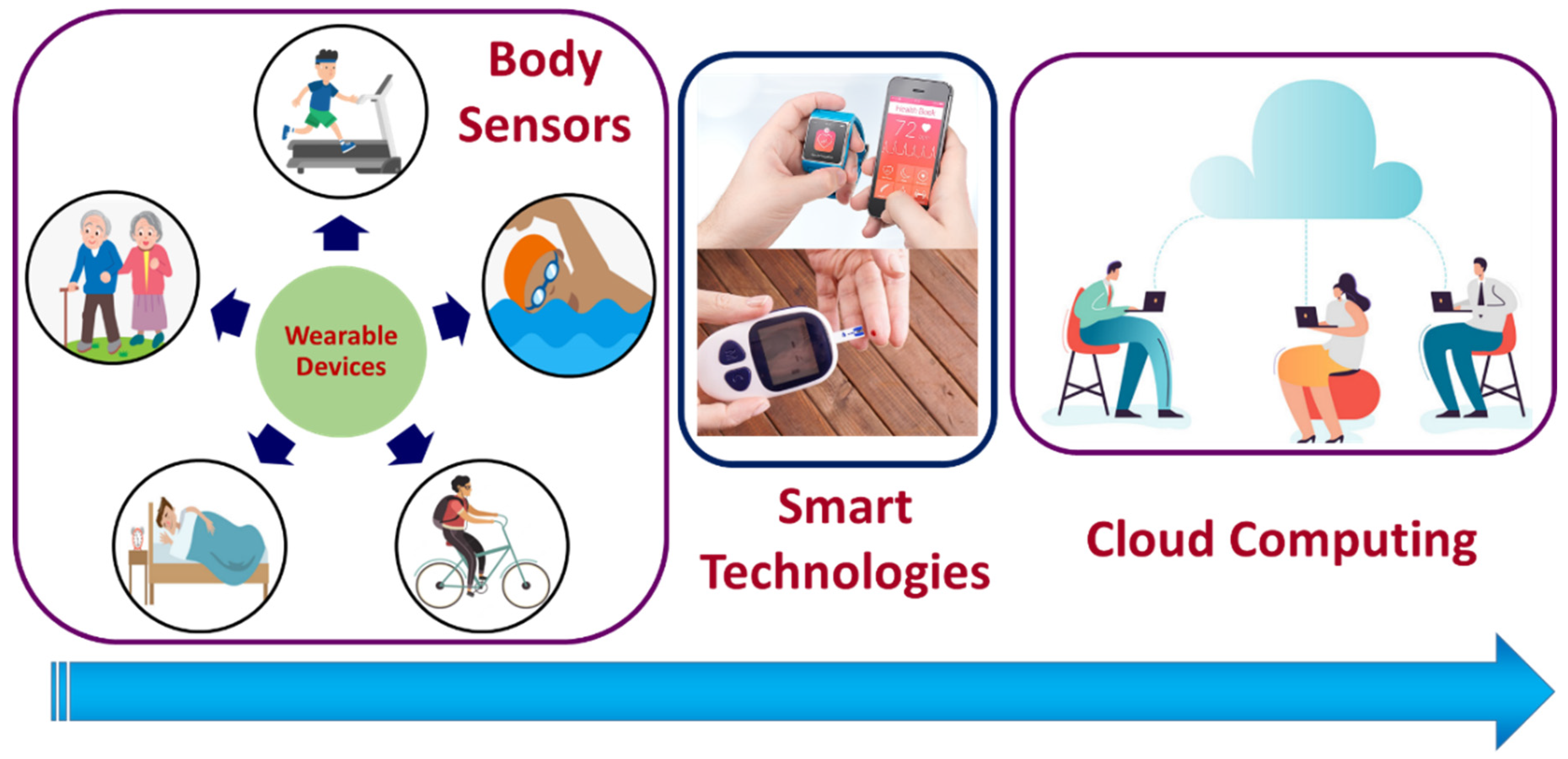
Biosensors, Free Full-Text

2023 Distinguished Alumna Award Mary Louise Markert, PhD'81, MD'82, HS'82-'84, '84-'87

Advancing Artificial Intelligence in Health Settings Outside the Hospital and Clinic - National Academy of Medicine

Artificial Intelligence in Health Care: Promise and Pitfalls

Moyo B. Tillery PT, DPT (@TilleryMoDPT) / X
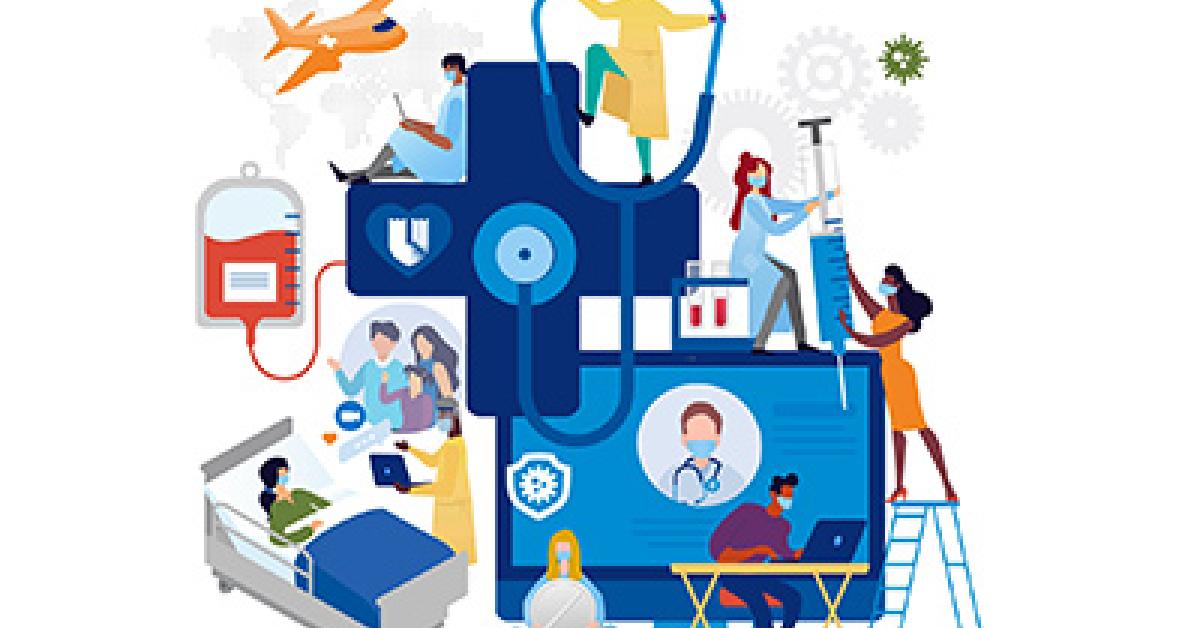
In varied roles, Duke Physician Assistant Program alumni answered the call during pandemic
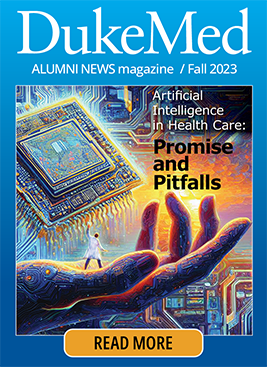
Artificial Intelligence in Health Care: Promise and Pitfalls

Artificial Intelligence (AI) in Healthcare & Medical Field

Dan Buckland on LinkedIn: Artificial Intelligence in Health Care: Promise and Pitfalls

News Duke University School of Medicine

The promises and potential pitfalls of artificial intelligence in medicine
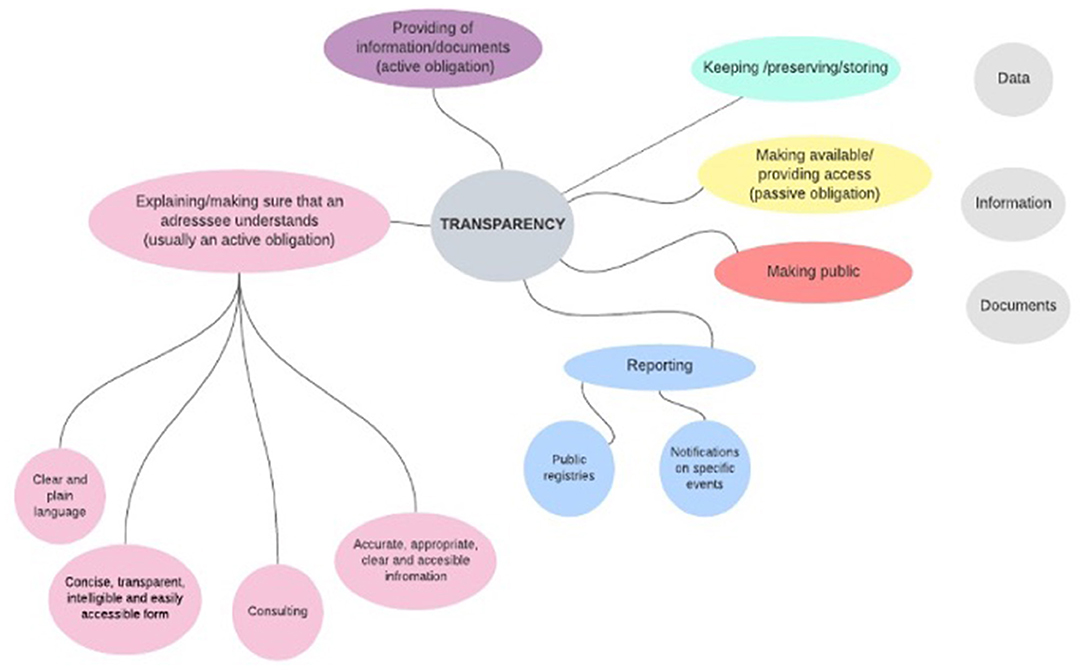
Frontiers Transparency of AI in Healthcare as a Multilayered System of Accountabilities: Between Legal Requirements and Technical Limitations

